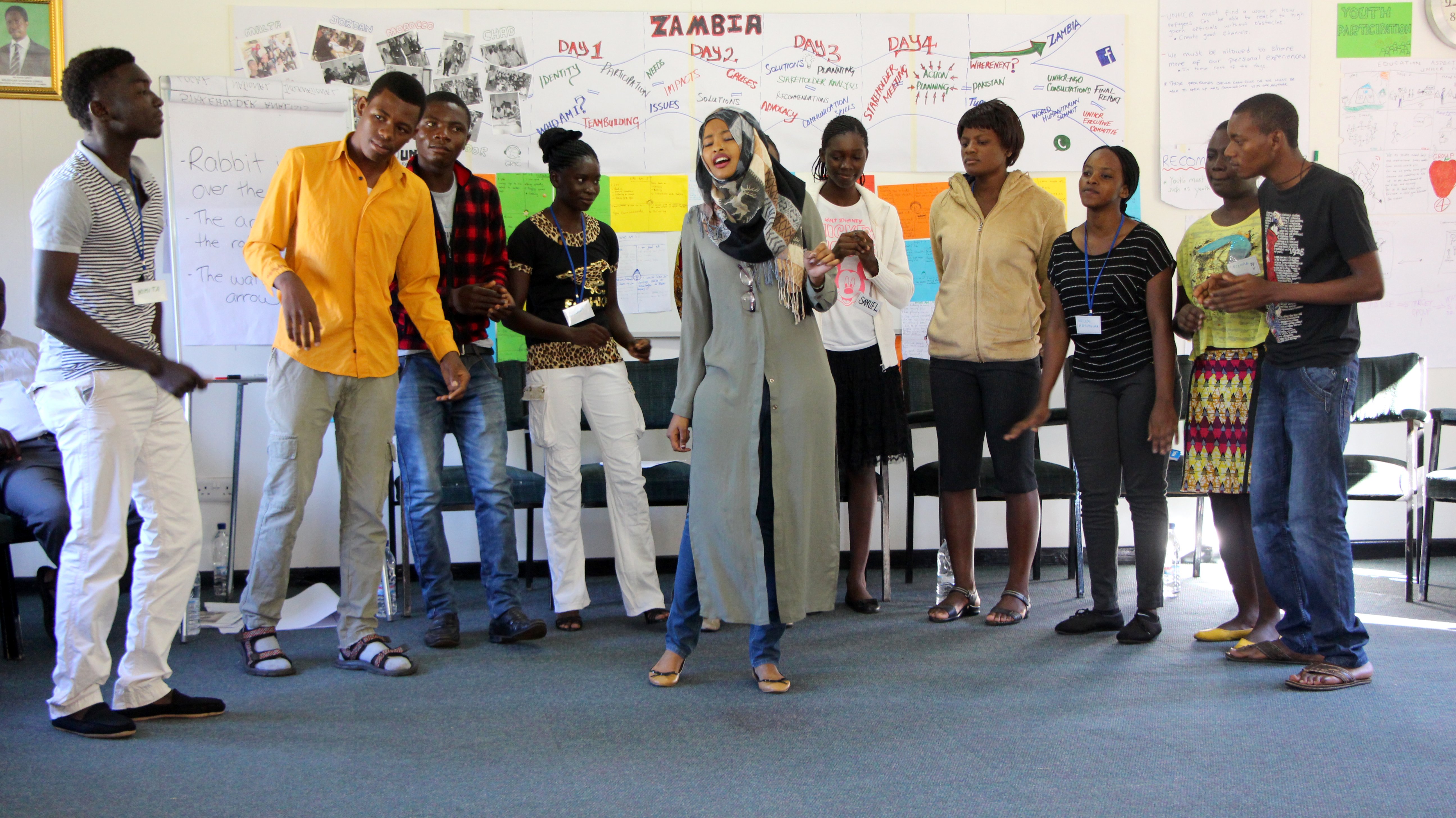Global Consultations on Refugee Protection begin
Global Consultations on Refugee Protection begin
GENEVA - The first major meeting in an unprecedented global process designed to improve the international protection of refugees began in Geneva today. The initial discussion will focus on the protection of refugees during mass influxes.
This first substantive meeting involves the 56 governments that make up the Executive Committee of the United Nations refugee agency, UNHCR, as well as a further 35 governments in an observer capacity. Fifteen major international organizations including the European Commission, Council of Europe, Organization of African Unity, League of Arab States and Organization of American States are also participating, along with some 40 non-governmental organizations (NGOs) which, as a group, will have the right to address the meeting.
This first meeting in the so-called Global Consultations process will focus on four important topics linked to the mass influx scenario:
- The overall protection framework for refugees in mass influx situations
- The maintenance of the civilian character of asylum (including the separation of armed elements and the status and treatment of ex-combatants)
- Refugee registration
- Burden- and responsibility-sharing by states
UNHCR, which has organized the Global Consultations process to coincide with the 50th anniversary of the 1951 Convention Relating to the Status of Refugees, is hoping that this first meeting will produce practical recommendations for building on and improving the current systems for coping with mass movements of refugees.
Any such recommendations will then feed into the single most important Global Consultations event: a ministerial conference of all 140 states that have ratified the 1951 Convention and/or its 1967 Protocol. This conference, which will take place on 12 December, is being jointly organized by UNHCR and the Swiss Government. It will be the most significant international meeting on refugees for half a century.
The Global Consultations process is taking place throughout 2001 in various forms and locations and will continue even after the December conference. As well as involving governments and UNHCR, many other organizations and individuals - including international and regional organizations, NGOs, academics, legal specialists and other experts in the refugee field as well as refugees themselves - all have an important role to play.
The principal aim of the process is to set the agenda for refugee protection in the 21st century, rooted in the solid foundations of the 1951 Convention, but taking into account the various changes in global circumstances over the past half century.
Expert roundtables, focusing on specific legal interpretations of various articles of the 1951 Convention, will be held in Lisbon (3-4 May), Cambridge, UK (9-10 July), San Remo, Italy (6-8 September), and Geneva (8-9 November). In addition, the first of a series of regional meetings has already taken place in Pretoria (26-7 February), and others are currently scheduled for Ottawa (14-15 May), Cairo (15-17 May), Macau (May), San Jose, Costa Rica (7-8 June), and Norway (September). These meetings will deal with issues not fully covered by the 1951 Convention or its Protocol.




